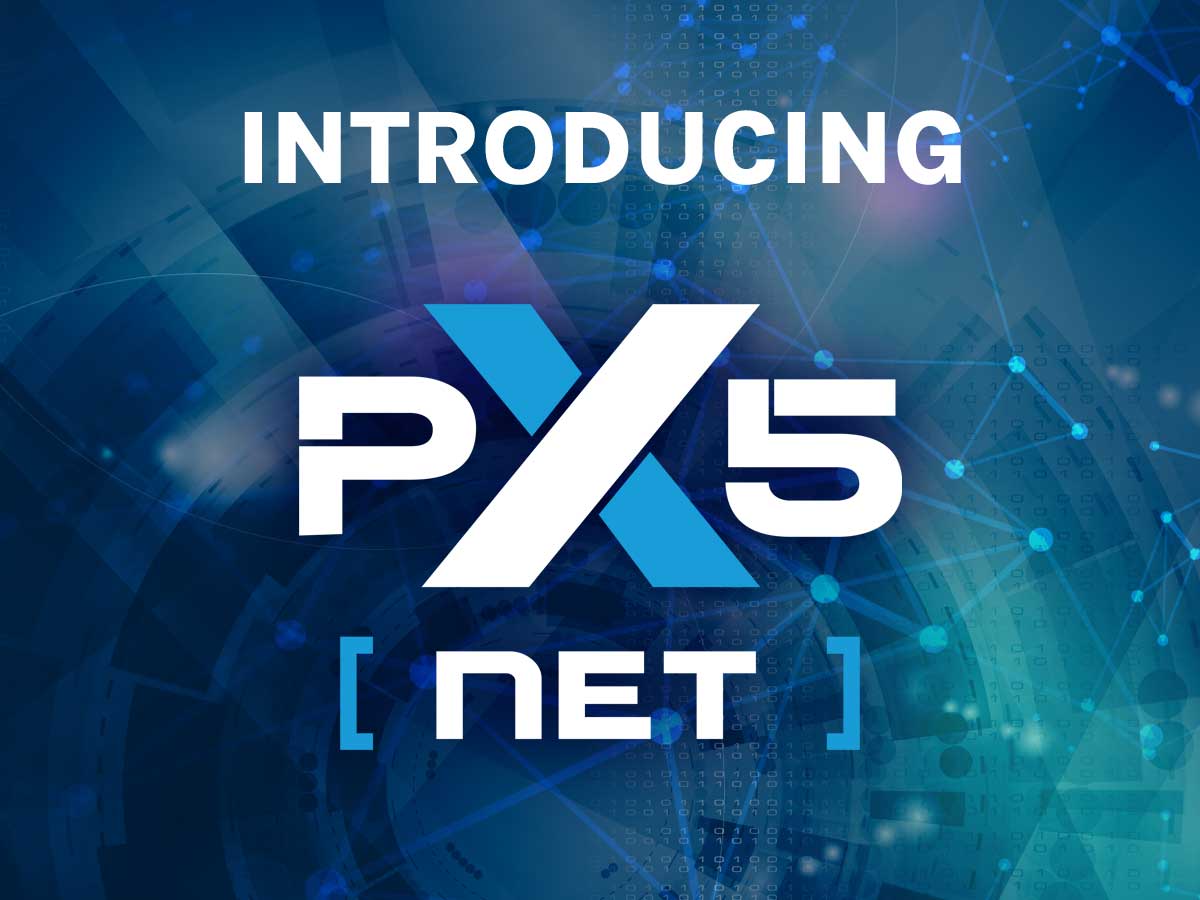

San Diego, CA, November 7, 2023 — PX5, a global leader in high-performance real-time operating systems and middleware, today announced PX5 NET for advanced, real-time TCP/IP networking support on deeply embedded IoT applications. Designed to reduce development effort and risk for IoT manufacturers, these new capabilities bring unprecedented safety, security, and portability to the industrial-grade PX5 RTOS that runs the world’s most demanding embedded applications.
“Today’s requirements for increased connectivity are pushing real-time applications beyond the RTOS architectures and techniques of the past,” said William Lamie, CEO, PX5. “Coupling the industry-standard BSD Sockets API with our patent pending Pointer/Data Verification (PDV) technology in PX5 NET makes high-performance, safe, and secure networking applications possible for the most resource-constrained IoT embedded devices.”

Like all PX5 products, PX5 NET is based on the industry standard BSD Sockets API to significantly reduce developers’ learning costs, increase productivity, and maximize the reuse of existing programs and libraries. Widely implemented across the embedded industry – including embedded Linux – the combination of the BSD Sockets API and PX5 RTOS’ native POSIX pthreads+ API eliminates the need for any “adaptation layers” and reduces compatibility issues that frequently plague development teams. Additionally, PX5 NET provides clearly identified API extensions for zero-copy transmission and reception, packet management, and functionality on top of BSD Sockets that allows developers to fine-tune system behaviors.
In traditional RTOS-based TCP/IP stack implementations, there are potential attack opportunities as data packets flow between low-level device drivers and higher-level security measures, such as memory corruption vulnerabilities. The patent pending PX5 PDV technology in PX5 NET is designed to detect and mitigate accidental and malicious memory corruption of network packets, internal function pointers, function return addresses, and internal system objects. Without PDV, embedded developers may not realize memory corruption exists in their code, leading to function pointer or stack corruptions that open the door to remote execution attacks. This defense-in-depth strategy is followed by all PX5 products and does not require the advanced hardware protection typically found in MPU-class devices and specialized hardware.
The industrial-grade PX5 RTOS is an advanced, fifth-generation RTOS designed for the most demanding embedded applications with best-of-class size, performance, safety, and security. The PX5 RTOS is built on a native implementation of the industry-standard POSIX pthreads+ API, including semaphore, mutex, and message queues, and offers real-time extensions such as event flags, fast queues, tick timers, and memory management. This industry-standard support instantly enables a wide range of software stacks—both open source and commercial—for real-time embedded IoT platforms, reducing time-to-market, improving device firmware quality, and enhancing portability across platforms. Such benefits help device makers to maximize their investments in firmware development.
“PX5 NET’s architecture and portability give embedded developers the confidence to focus on their value-added features rather than worry about code safety and security,” Lamie said. “These innovations continue our commitment to delivering advanced RTOS solutions designed for resource-constrained devices across industries and applications.”
PX5 creates the industry’s most advanced runtime solutions for deeply embedded applications. With decades of domain expertise, including creating the ThreadX real-time operating system, PX5 is pushing the boundaries of how industry standards improve the safety, security, and portability of applications running on microprocessor-based systems. The industrial-grade PX5 RTOS is an advanced, fifth-generation RTOS designed for the most demanding embedded applications, featuring a native implementation of the POSIX pthreads API and best-of-class size and performance.
Headquartered in San Diego, CA, all PX5 products include complete source code and are free of run-time royalties. For information, please visit px5rtos.com, or Email
Amy Foschetti
HCI Marketing and Communications, Inc.